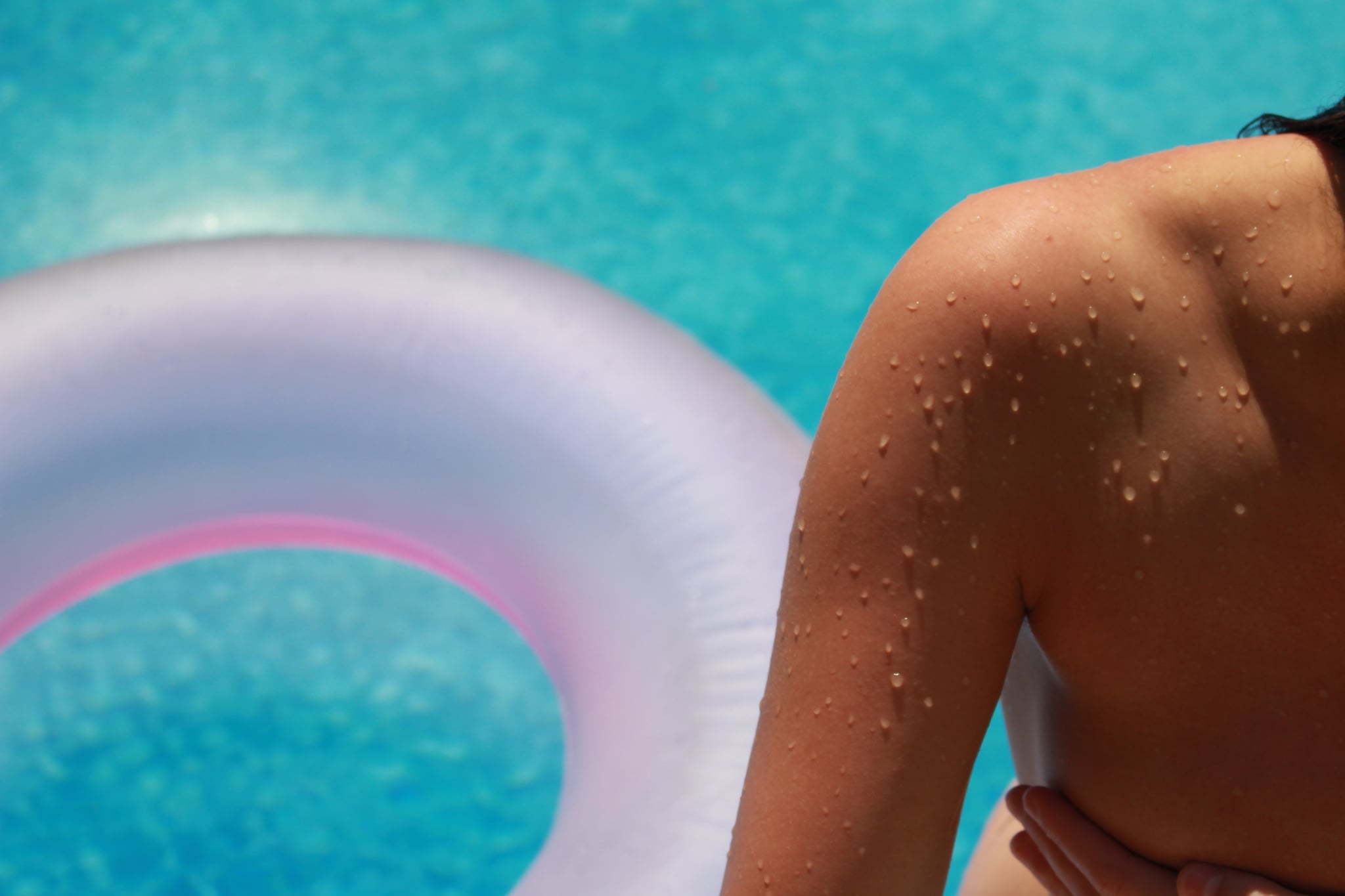

Everything is uncomfortable when you have a sunburn, from showering to changing clothes to trying to fall asleep. In fact, you may notice that your symptoms are more intense at night.
"Many of my patients report that their skin symptoms are worse at night, whether it's from a sunburn or from skin conditions such as eczema," Rajani Katta, MD, a board-certified dermatologist and author of Glow: The Dermatologist's Guide to a Whole Foods Younger Skin Diet, told POPSUGAR. It's a common phenomenon and one that experts are still trying to understand. "We do know that some symptoms are worse when you go to bed because you're no longer distracted by your everyday tasks, but researchers are also studying the role of circadian rhythms," Dr. Katta said. "Just like so many of the body's hormones follow a circadian rhythm, it's thought that some of the body's chemical messengers that relay the sensation of itch may also have their own rhythm."
When you're sunburned, there's a lot more going on than even meets the eye. "A sunburn is a visible sign of damage - it signals that UV radiation has triggered free radical production," she explained. "These free radicals can be very damaging to the skin, causing harm to proteins (including collagen), lipids, and even the DNA in our skin. On a visible level, this chain of events results in redness. On a microscopic level, you'll see cellular damage and cells of the immune system."
To ease the discomfort both during the day and at night, "I recommend starting with cool tap water compresses, and then following with a moisturizer," Dr. Katta said. "Soak a washcloth in cool tapwater, then apply it to your skin for 10 to 15 minutes at a time. Remove the washcloth, then apply a fragrance-free moisturizing cream while your skin is still damp. This adds moisture to the skin, and helps with barrier repair."
You may also want to turn down the temperature in your bedroom and slip into your softest PJs and sheets. "The key is to avoid irritating your skin any further with sweat or irritating fabrics," she said. Of course, applying sunscreen throughout the day - especially if you're in the sun - is essential to avoiding a sunburn in the first place, but when it happens, these steps can help provide relief.
from POPSUGAR Fitness https://ift.tt/2Yq1GWA

Comments
Post a Comment